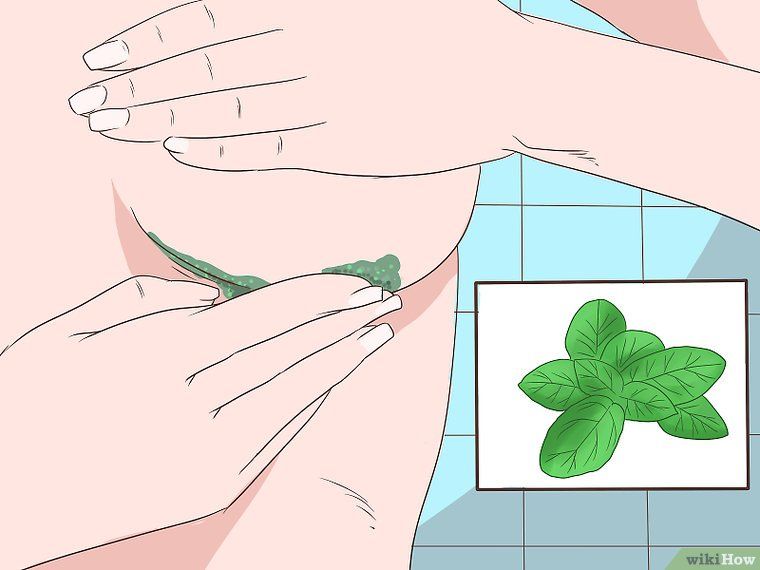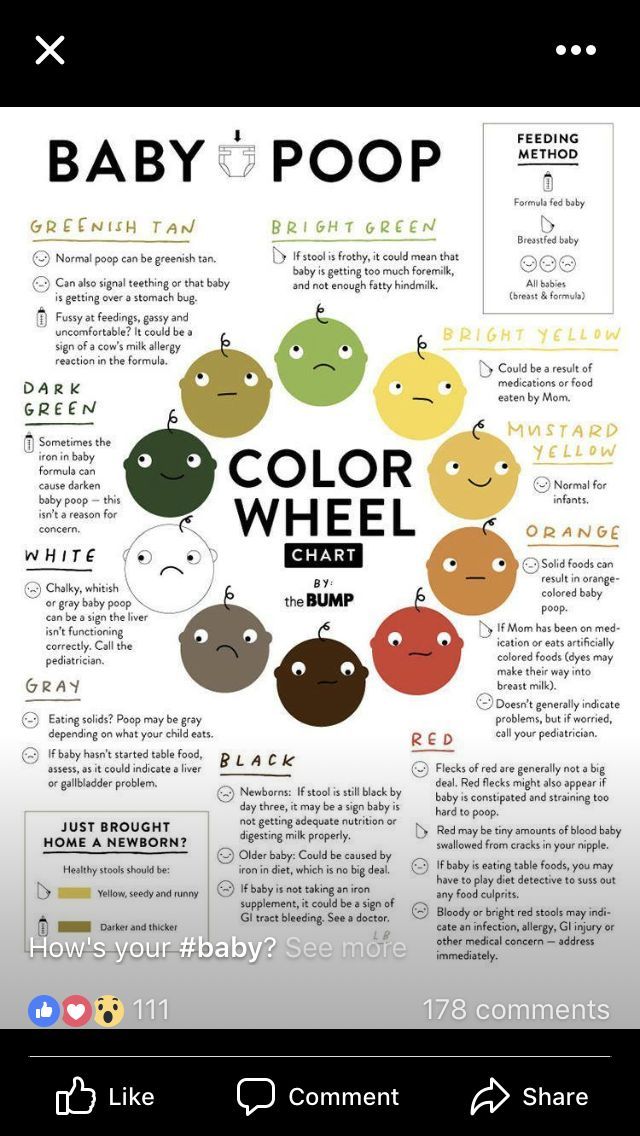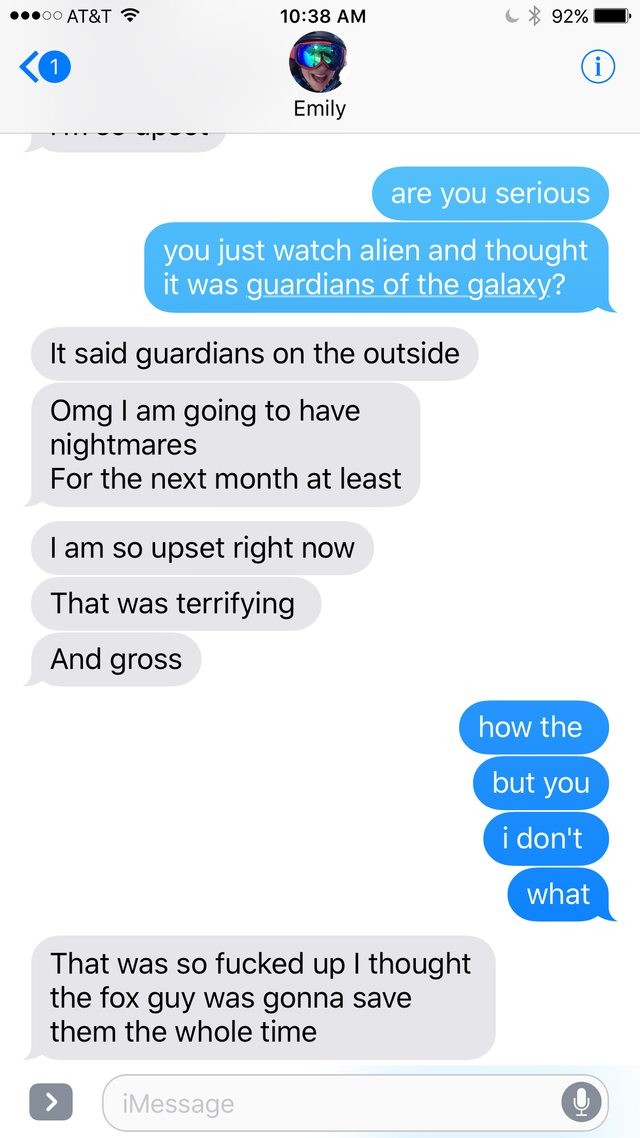What time of the month can you get pregnant
Right Time For Sex , When Do You Ovulate ?
When are you more likely to conceive?
We’re talking about the 'fertile window’ – the days in a woman’s menstrual cycle when pregnancy is possible. The ‘fertile window’ depends on the length of the menstrual cycle, which varies among women.
The ‘fertile window’ is the day an egg is released from the ovary (ovulation) and the five days beforehand. Having sex (intercourse) during this time gives you the best chance of getting pregnant.
Ovulation Calculator
What day did you your most recent period start?
Number of days in your cycle Please select20 Days21 Days22 Days23 Days24 Days25 Days26 Days27 Days28 Days29 Days30 Days31 Days32 Days33 Days34 Days35 Days36 Days37 Days38 Days39 Days40 Days41 Days42 Days43 Days44 Days45 Days
Your ovulation day
Most fertile time
-
What is an ovulation calculator and how does it help you get pregnant?
This ovulation calculator or ovulation calendar can help you work out your most fertile time.
These are the days you are most likely to get pregnant.
It can also estimate your due date if you do become pregnant during your next fertile days.
Others ways to help you work out when you're ovulating:
- Notice changes in vaginal mucus
A few days before ovulation, you may notice your vaginal mucus becomes clear, slick and slippery, and feels a bit like egg white.
This is a sign that ovulation is about to happen. It’s the best time to have sex, as sperm travel more easily in this kind of mucus.
- Use an ovulation predictor kit
You can use a predictor kit from a supermarket or pharmacy, to test your urine for signs of ovulation. If you start testing your urine a few days before the day you next expect to ovulate, a positive result means you are going to ovulate within the next 24 to 36 hours (one to two days).
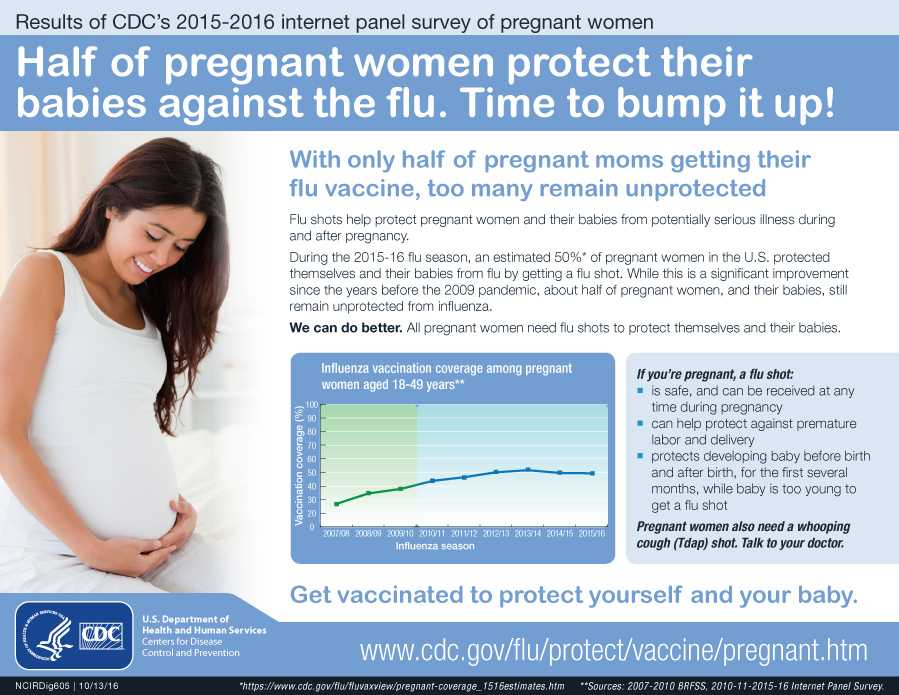
-
Facts about timing
Ovulation is when a mature egg is released from the ovary. The egg then moves down the fallopian tube where it can be fertilised. If sperm are in the fallopian tube when the egg is released, there is a good chance that the egg will be fertilised, creating an embryo, which can grow into a baby.
Pregnancy is technically only possible if you have sex during the five days before ovulation or on the day of ovulation. But the most fertile days are the three days leading up to and including ovulation. Having sex during this time gives you the best chance of getting pregnant.
By 12-24 hours after ovulation, a woman is no longer able to get pregnant during that menstrual cycle because the egg is no longer in the fallopian tube.
There’s almost no chance of getting pregnant if you have sex before or after the fertile window (but if you’re not trying to get pregnant, don’t rely on this – contraception is your best option!).
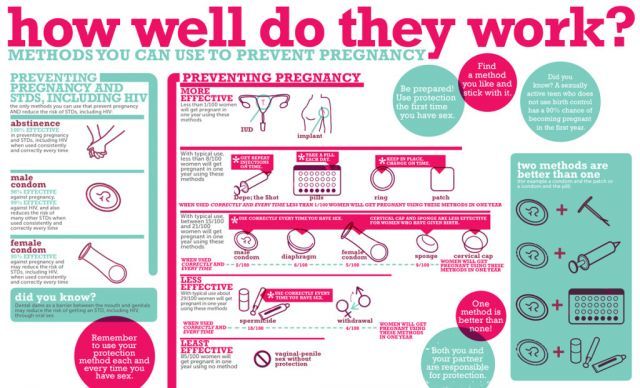
-
How to know when you’re ovulating
Knowing when you ovulate can help you plan for sex at the right time and improve your chance of getting pregnant. You can keep track of your menstrual cycles on a chart, in a diary, or on a free period-tracker app on your smartphone.
To work out the length of your menstrual cycle, record the first day you start bleeding (first day of your period). This is day 1. The last day of your cycle is the day before your next period begins.
- What is a ‘menstrual cycle’ and a ‘period’?
Some people think the ‘menstrual cycle’ and a ‘period’ are the same thing.
A period is when you bleed (or menstruate).
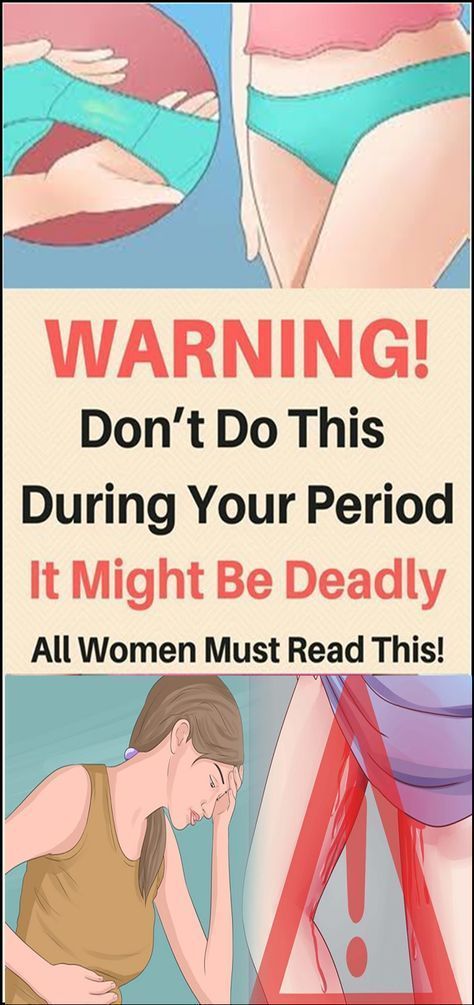
A menstrual cycle starts on the day when a period starts (day 1) and ends the day before the next period. A cycle’s length is considered normal if it’s between 21 and 35 days. They can vary between women and from one cycle to the next.
- Working out your ‘average’ menstrual cycle length
If your menstrual cycles are different lengths (most women’s cycles are) you can work out your average cycle length.
The number of days in a woman’s menstrual cycle can vary month to month. Periods are not always regular. It can be useful to work out an ‘average’ cycle length, based on the length of three menstrual cycles, to estimate when you’re most likely to be ovulating.
If you add the number of days in three cycles and divide the total number by three, it gives you your average cycle length.
Example
Sarah tracked her last three menstrual cycles by counting the time from the first day of one period, to the day before the next period.

Cycle 1 was 28 days; Cycle 2 was 32 days; Cycle 3 was 27 days
28 + 32 + 27 = 87
87 divided by 3 = 29
So the average length of Sarah’s menstrual cycles is 29 days.
- Working out your most fertile days
When you know your average menstrual cycle length, you can work out when you ovulate.
Ovulation happens about 14 days before your period starts.
- If your average menstrual cycle is 28 days, you ovulate around day 14, and your most fertile days are days 12, 13 and 14.
- If your average menstrual cycle is 35 days ovulation happens around day 21 and your most fertile days are days 19,20 and 21.
- If you have shorter cycles, say 21 days, ovulation happens around day 7 and your most fertile days are days 5, 6 and 7.
Your most fertile days are the three days leading up to and including the day of ovulation.

Some women have very irregular cycles or find it difficult to work out an average cycle length. This can make it hard to work out when ovulation happens. If it’s all too hard, having sex every 2-3 days covers all bases and improves your chance of getting pregnant.
Myth busting
- MYTH
A woman can get pregnant any time of the month.
- FACT
A woman can only get pregnant on a few days during her menstrual cycle.
Why?
Because eggs and sperm only live for a short time:
- Sperm live for around five days.
- Eggs can only be fertilised for around 24 hours (one day) after being released from the ovary.
Eggs and sperm need to come together at the right time for fertilisation to happen to create an embryo.
Getting the timing right
If you're trying to get pregnant, timing is everything. Dr Karin Hammarberg explains how to work out when you are ovulating and the right time to have sex to improve your chance of pregnancy.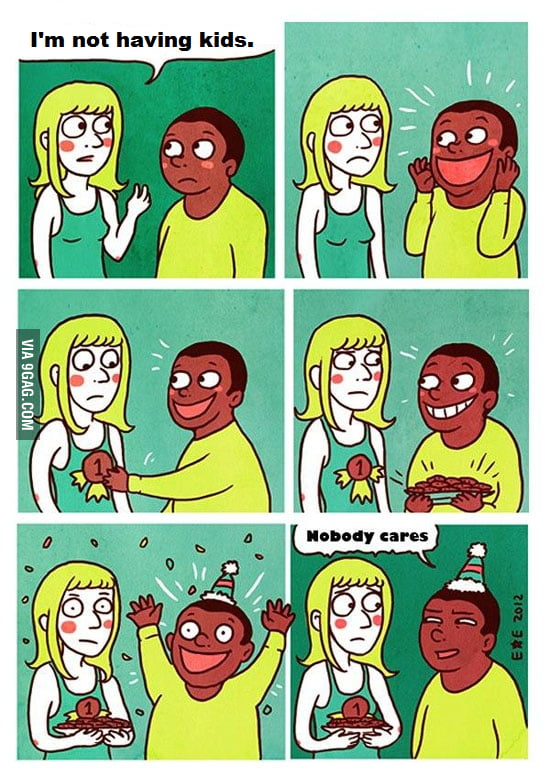
-
What are the chances?
Having sex as close as possible to the time of ovulation increases the chance of pregnancy.
If a woman has sex six or more days before she ovulates, the chance she will get pregnant is virtually zero.
If she has sex five days before she ovulates, her probability of pregnancy is about 10 percent.
If she has sex on the day of ovulation, or the two days before, the chance of getting pregnant is around 30 percent.
These are average figures and depend on a woman’s age.
When does preconception health begin?
Professor Sarah Robertson, Director of Robinson Research Institute, University of Adelaide, highlights the key time before pregnancy that your health is most important to ensure your child has the best start to life.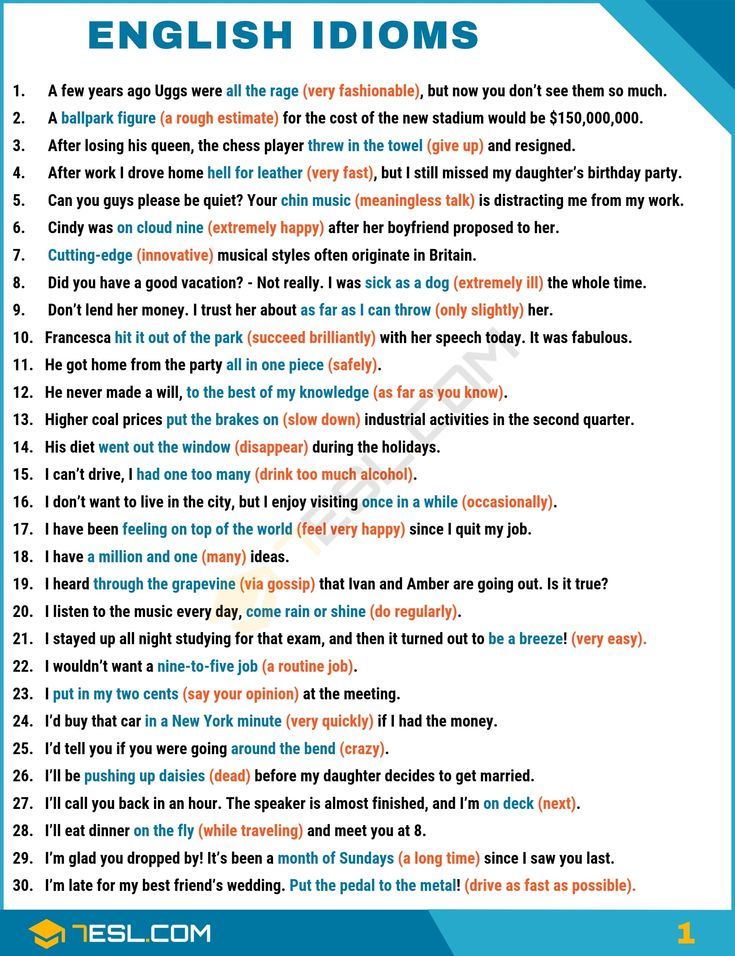
How to know you are ovulating
Kerry Hampton, a registered nurse and fertility specialist, discusses the importance of fertility awareness, and how to determine your fertile window to improve your chances of conceiving.
- References
- American Society for Reproductive Medicine, Optimizing natural fertility, https://www.reproductivefacts.org/news-and-publications/patient-fact-sheets-and-booklets/documents/fact-sheets-and-info-booklets/optimizing-natural-fertility/
- Berglund Scherwitzl, et al. (2015). Identification and prediction of the fertile window using Natural Cycles. The European Journal of Contraception and Reproductive Health Care, 20(5), 403-408. doi:10.3109/13625187.2014.988210
- Ecochard, R., et al. (2015). Self-identification of the clinical fertile window and the ovulation period.
 Fertility and Sterility, 103(5), 1319-1325.e1313. doi: http://dx.doi.org/10.1016/j.fertnstert.2015.01.031
Fertility and Sterility, 103(5), 1319-1325.e1313. doi: http://dx.doi.org/10.1016/j.fertnstert.2015.01.031 - Pfeifer, S., et al. (2017). Optimizing natural fertility: a committee opinion. Fertility and Sterility, 107(1), 52-58. doi: 10.1016/j.fertnstert.2016.09.029
- Stanford, J. B. (2015). Revisiting the fertile window. Fertility and Sterility, 103(5), 1152-1153. doi: http://dx.doi.org/10.1016/j.fertnstert.2015.02.015
- Stanford, et al. (2002). Timing intercourse to achieve pregnancy: current evidence. Obstetrics and Gynecology, 100(6), 1333-1341.
- Stephenson, J., et al. (2018). Before the beginning: nutrition and lifestyle in the preconception period and its importance for future health. The Lancet, 10.1016/S0140-6736(18)30311-8 doi: 10.1016/S0140-6736(18)30311-8
- Vélez, M. Pet al. (2015). Female exposure to phenols and phthalates and time to pregnancy: the Maternal-Infant Research on Environmental Chemicals (MIREC) Study. Fertility and Sterility.
 doi: 10.1016/j.fertnstert.2015.01.005
doi: 10.1016/j.fertnstert.2015.01.005 - Verón, G. L., et al. (2018). Impact of age, clinical conditions, and lifestyle on routine semen parameters and sperm kinematics. Fertility and Sterility, 110(1), 68-75.e64. https://doi.org/10.1016/j.fertnstert.2018.03.016
- Waylen, A. Let al. (2009). Effects of cigarette smoking upon clinical outcomes of assisted reproduction: a meta-analysis. Hum Reprod Update, 15(1), 31-44.
- Zenzes, M. T. (2000). Smoking and reproduction: gene damage to human gametes and embryos. Hum Reprod Update, 6(2), 122-131.
Page created on: 28/08/2018 | Last updated: 06/01/2023
How to increase your chance of getting pregnant
If you want a baby, here are five tips to increase your chance of getting pregnant.
- Know when you ovulate
Pregnancy is only possible if you have sex during the five days before ovulation or on the day of ovulation.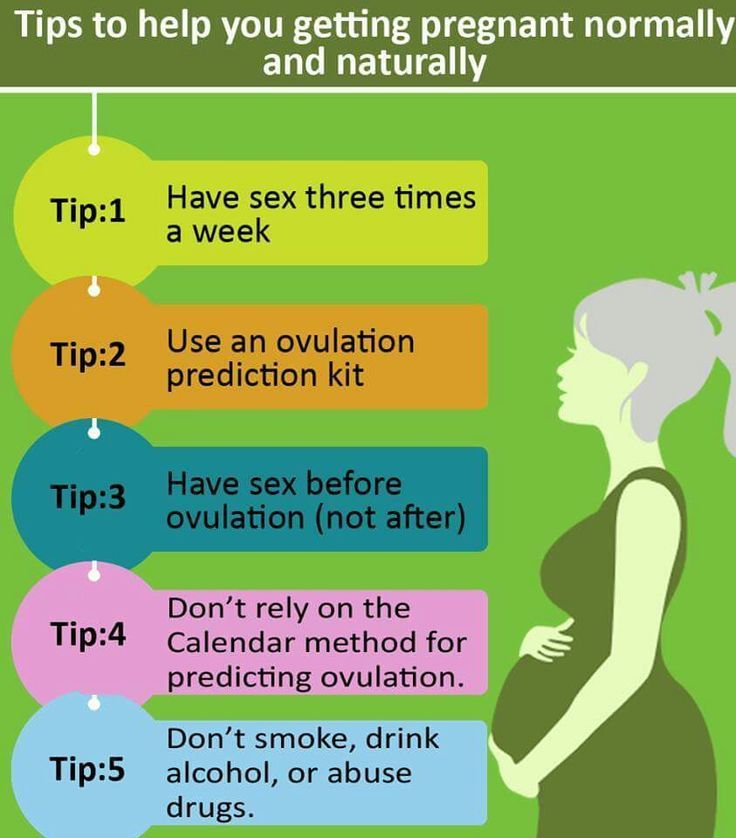 This is called the fertile window. Having sex during the fertile window, especially the three days leading up to and including ovulation, gives you the best chance of getting pregnant.
This is called the fertile window. Having sex during the fertile window, especially the three days leading up to and including ovulation, gives you the best chance of getting pregnant.
So how do you know when you’re ovulating? It depends on the length of your menstrual cycle. It happens about 14 days before your period starts so if your average cycle is 28 days, day one is the first day of your period and you ovulate around day 14. This means your most fertile days for sex are days 12, 13 and 14.
If your average menstrual cycle is 35 days, ovulation happens around day 21 and your most fertile days for sex are days 19, 20 and 21.
If you have a shorter cycle, say 21 days, ovulation happens around day seven and your most fertile days are days five, six and seven.
Use this ovulation calculator to help you pinpoint your fertile window.
If you have an irregular cycle and can’t work out when you ovulate, having sex every two to three days should improve your chance of getting pregnant.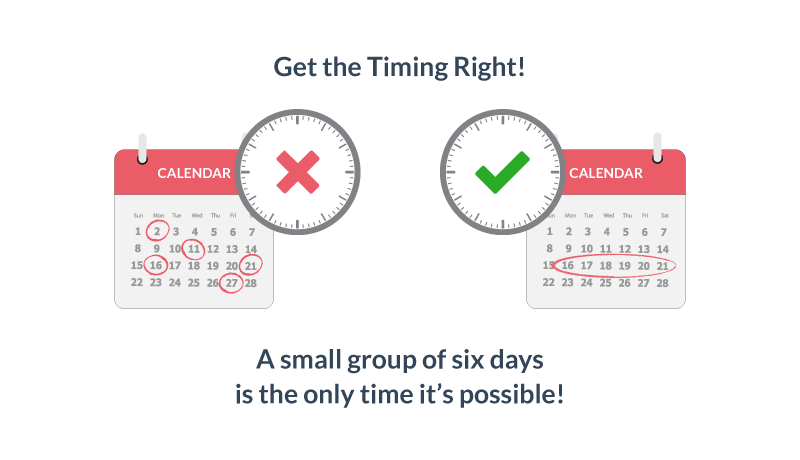
- See your GP for a preconception health check
See your GP for a preconception check-up to make sure you are as healthy as possible before trying for a baby. Your GP can also check your vaccinations are up to date so you have immunity against infections that could harm a baby. Complete our preconception health checklist and take it to your appointment.
- Eat well and exercise
For women and men, working towards a healthy weight increases the chance of pregnancy. Being in good shape will not only boost your fertility and your general health, it will also give your baby the best start in life.
Carrying extra weight can cause problems with hormone levels, which can affect the menstrual cycle, and the quality of a woman’s eggs and a man’s sperm. The good news is that making some changes, like eating healthy food and being physically active, can put you on a pathway to a healthier weight. It can be hard but losing even a few kilos can make a big difference.
It can be hard but losing even a few kilos can make a big difference.
- Look after your health
For both women and men, the lead up to pregnancy is just as important as being healthy during pregnancy. You can do this by:
• taking the right dose of folic acid and iodine (for women)
• not smoking
• cutting out alcohol and recreational drugs
• discussing the safety of any medication or complimentary therapies you are taking with your doctor
• limiting your caffeine intake
• avoiding some chemicals commonly found in the home or workplace
• making sure your vaccinations, especially German Measles (Rubella), are up to date.
- Get help if you have trouble getting pregnant
About one in six couples experience fertility problems, so if you’re aged under 35 and haven’t conceived after a year, talk to your GP about it. If you’re 35 or older, visit your GP after six months of trying without success.
Some medical conditions can affect your chance of getting pregnant including:
• polycystic ovary syndrome (PCOS)
• endometriosis
• diabetes
• cancer treatment.
If either partner has a medical condition, talk to your doctor to make sure it’s under control before trying for a baby.
The menstrual cycle and everything you need to know about it
What days can you get pregnant? According to a survey conducted by the research organization Child Trends, 66% of young men and women do not know when a woman is fertile and how many days this fertile period lasts. And according to the American Infertility Association, at least 20% of cases of "presumed infertility" (when couples think they can't have children before going to the doctor) are due to a misconception about what time a woman can get pregnant. nine0003
Whether children are included in your immediate plans or not - it will not hurt to know on which days of the cycle the fertilization of the egg can occur in any case.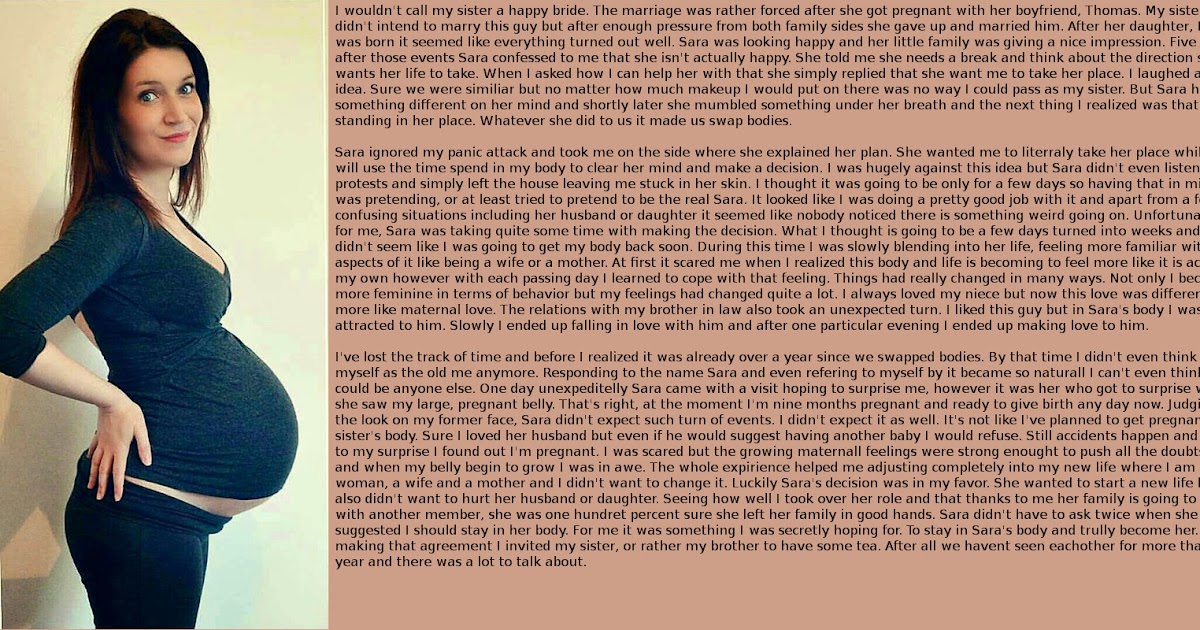 No, this is not about the calendar method of protection: according to doctors, counting “safe” days is like relying on chance. But you must admit: avoiding an unwanted pregnancy (or achieving the desired one) is much easier, focusing on the phases of your own cycle. We explain how it all works - no more confusion and assumptions.
No, this is not about the calendar method of protection: according to doctors, counting “safe” days is like relying on chance. But you must admit: avoiding an unwanted pregnancy (or achieving the desired one) is much easier, focusing on the phases of your own cycle. We explain how it all works - no more confusion and assumptions.
What you need to know if you want to get pregnant
When to have sex?
Many people think that the surest way to conceive is to have sex every day, but according to fertility specialist Kylen Silverberg, such diligence, on the contrary, reduces the chances. “It takes an average of 36 to 48 hours for a man’s body to accumulate enough sperm,” he explains. “Daily sex can lead to the fact that during the period of ovulation, sperm for conception may not be enough.” Doctors recommend having sex every other day during the fertile period. nine0003
How long will it take?
There is a 10-15% chance of conceiving each month if both partners are healthy and under 35 years of age.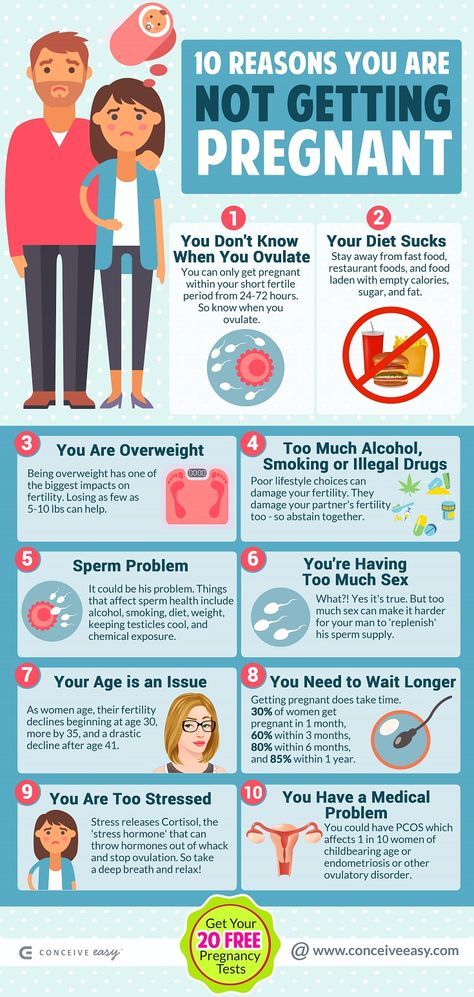 88% of these couples get what they want within a year, 95% within two years. On average, couples under the age of 30 need six months, 35-year-olds - nine months.
88% of these couples get what they want within a year, 95% within two years. On average, couples under the age of 30 need six months, 35-year-olds - nine months.
Health matters
Quitting alcohol and caffeine will increase your chances of conceiving. And definitely quit smoking. Chemicals found in cigarette smoke have been shown to reduce the production of estrogen, which is essential for egg maturation and thickening of the endometrium. Excessive thinness and obvious excess weight also do not have the best effect on the hormonal background, and therefore on fertility. nine00003
See also: Sex and menstruation - more uncomfortable questions about the structure of the female body
What cycle changes mean . However, if the cycle is constantly less than 21 days or more than 35 days, and if the amount and color of menstrual flow differ from time to time, you should consult a doctor: these symptoms can indicate a number of diseases.
nine0003
There is no magic position
Have you heard that it is good to lie down with your legs up after sex to increase your chances of conceiving? Forget it. “As soon as ejaculation occurs, spermatozoa immediately rush to the cervix, and you can be sure that they will find their way, regardless of whether you are standing or hanging upside down from the bed,” explains gynecologist Hilda Hutcherson.
Cycle lengths of 25 to 31 days are the most common, but variations of 21 to 35 days are also considered normal. To determine the approximate day of ovulation, calculate the average cycle length and subtract 14.
What you need to know if you don't want to get pregnant
When are you most and least fertile
Can you get pregnant during your period?
Write to WhatsApp
December 30, 2015
Panfilova Olga
Obstetrician-gynecologist, Ph.
D.
Many people think that it is impossible to get pregnant during menstruation. Is it so? Answered by Olga Panfilova - Ph.D., obstetrician-gynecologist of the European Medical Center. nine0003
It's worth starting with a definition of what menstruation is - this is bleeding that occurs at the end of the ovulatory cycle, as a result of the fact that the egg has not been fertilized. The egg after ovulation lives only 24 hours. Ovulation occurs in the middle of the cycle. Most women have a menstrual cycle that lasts 28-30 days.
It is impossible to get pregnant during menstruation - if it is really menstruation, and not bleeding, which is sometimes mistaken for it. The time at which menstrual bleeding begins can sometimes be the period of implantation - when the fetal egg is already attached in the uterus, or - this is especially true for women with an irregular cycle - bleeding during ovulation can be mistaken for menstruation (in this case, naturally, conception Maybe).

